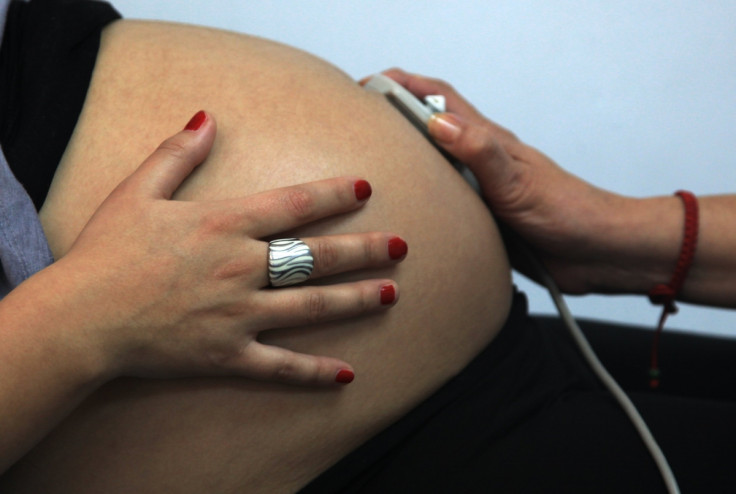Antibacterial Compounds in Everyday Products Could Affect Newborn Birth Sizes and Antibiotic Resistance

Exposure to common antibacterial compounds found in everyday products could affect the development of foetuses in pregnant women and lead to antibiotic resistance, according to a study.
Triclosan and triclocarban are antibacterial compounds found in over 2,000 everyday products such as soaps, detergents, toothpastes, carpets, paints and toys. Although the body is able to flush them out, a person's exposure to them can be almost constant, the scientists who conducted the research say.
They have found that the compounds, marketed as antimicrobials, were found in the urine samples of pregnant women and in about half of the umbilical cord blood samples they screened, meaning that triclosan and triclocarbon could be transfering to the foetus.
The long-term implications of this are not clear, but the study also revealed that another antimicrobial, butyl paraben - which is commonly used in cosmetics - had links to shorter newborn lengths.
This could mean that widespread exposure to these compounds could cause "a subtle but large-scale shift in birth sizes", according to researcher Laura Geer, PhD, of the State University of New York.
The compounds could also contribute to antibiotic resistance, a growing health concern.
Companies and policymakers are beginning to take note of the evidence against triclosan, and both Johnson & Johnson and Procter & Gamble have announced they are phasing it out from some products.
© Copyright IBTimes 2024. All rights reserved.






